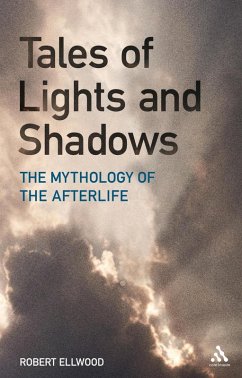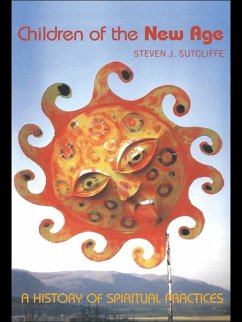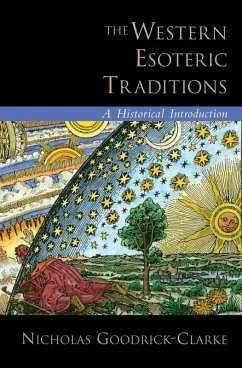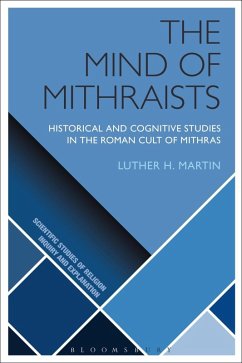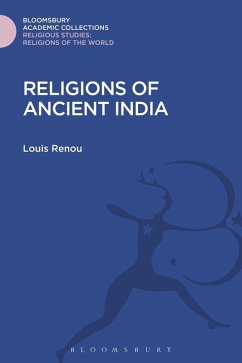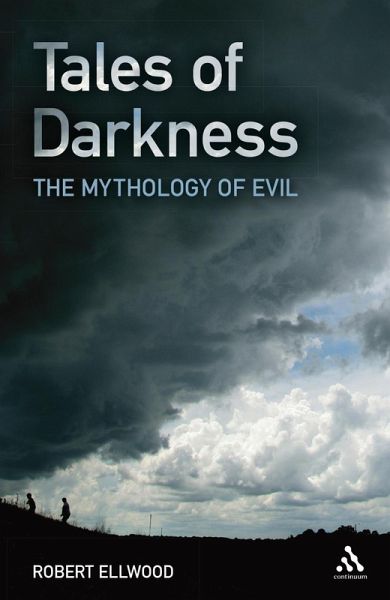
Tales of Darkness (eBook, PDF)
The Mythology of Evil

PAYBACK Punkte
10 °P sammeln!
Evil, an undeniable yet inexplicable force in human existence, is often defined as that which ought not to be, yet is - so it must be destroyed, or contained, or lived with. Myths of evil function to universalize the human condition, to show the tension between the ideal and the real, to reveal but not allegorize that condition, and to go some way to assist humanity in understanding, combating, and coping with evil within its societies. Tales of Darkness explores the causes of evil in myth, encompassing themes such as defilement, the figure of the trickster, evil people both within and outside...
Evil, an undeniable yet inexplicable force in human existence, is often defined as that which ought not to be, yet is - so it must be destroyed, or contained, or lived with. Myths of evil function to universalize the human condition, to show the tension between the ideal and the real, to reveal but not allegorize that condition, and to go some way to assist humanity in understanding, combating, and coping with evil within its societies. Tales of Darkness explores the causes of evil in myth, encompassing themes such as defilement, the figure of the trickster, evil people both within and outside the society, and traumatic initiations. Robert Ellwood then looks at "cures" for evil: laughter, sacrifice, the flood, the hero's quest, initiation, the savior, divine wisdom and the end of days. This is a fascinating examination of how people have dealt with evil, not philosophically but in terms of the myths, ancient and modern, which present stories convergent with our own, from creation myths to Star Wars.




